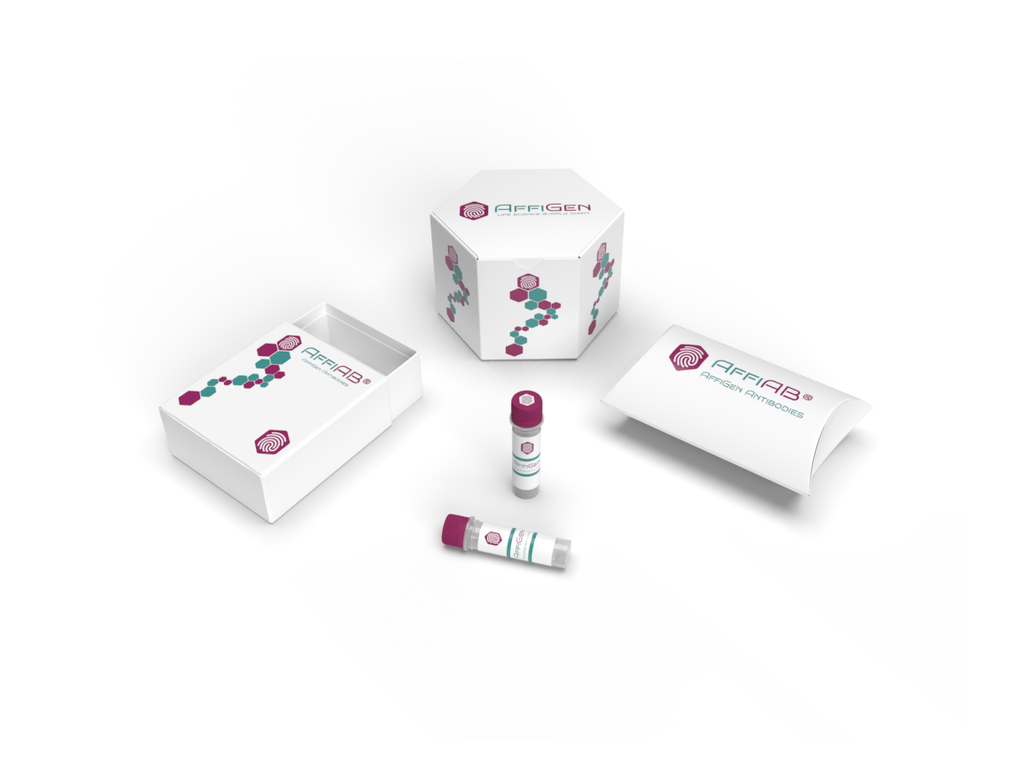AffiAB® Anti-KV4.3 Antibody
Voltage-gated potassium (Kv) channels represent the most complex class of voltage-gated ion channels from both functional and structural standpoints. Their diverse functions include regulating neurotransmitter release, heart rate, insulin secretion, neuronal excitability, epithelial electrolyte transport, smooth muscle contraction, and cell volume. Four sequence-related potassium channel genes – shaker, shaw, shab, and shal – have been identified in Drosophila, and each has been shown to have human homolog (s) . Kv4.3 is a member of the potassium channel, voltage-gated, shal-related subfamily, members of which form voltage-activated A-type potassium ion channels and are prominent in the repolarization phase of the action potential. This member includes two isoforms with different sizes, which are encoded by alternatively spliced transcript variants of this gene.
Antibody type
Rabbit polyclonal Antibody
Uniprot ID
SwissProt: Q9UK17 Human; SwissProt: Q9Z0V1 Mouse
Recombinant
NO
Conjugation
Non-conjugated
Host
Rabbit
Isotype
IgG
Clone
N/A
KO/KD
N/A
Species reactivity
Human, Mouse
Tested applications
WB, IF-Cell, IHC-P, FC
Predicted species reactivity
N/A
Immunogen
Synthetic peptide within Human Kv43 aa 435-484 / 655.
Storage
Store at +4°C after thawing. Aliquot store at -20°C. Avoid repeated freeze / thaw cycles.
Form
Liquid
Storage buffer
1*PBS (pH7.4) , 0.2% BSA, 50% Glycerol. Preservative: 0.05% Sodium Azide.
Concentration
1 mg/mL.
Purity
Immunogen affinity purified.
Signal pathway
N/A
Recommended dilutions
WB: 1:500-1:1, 000; IF-Cell: 1:200; IHC-P: 1:50-1:200; FC: 1:50-1:100
Molecular Weight
Predicted band size: 73 kDa
Subcellular location
Cell membrane.
Positive control
MCF-7 cell lysate, mouse marrow tissue lysate, LOVO, MG-63, human esophagus tissue, human placenta tissue, mouse cerebellum tissue.
